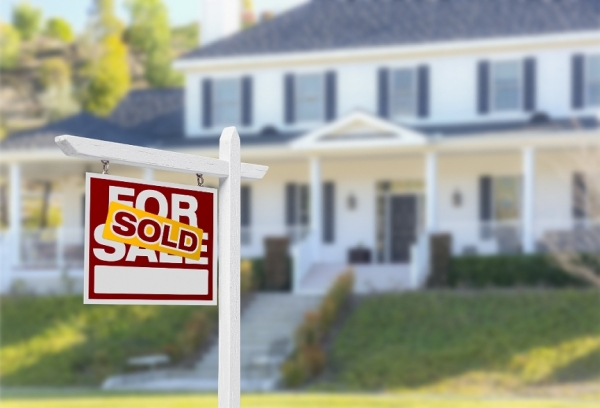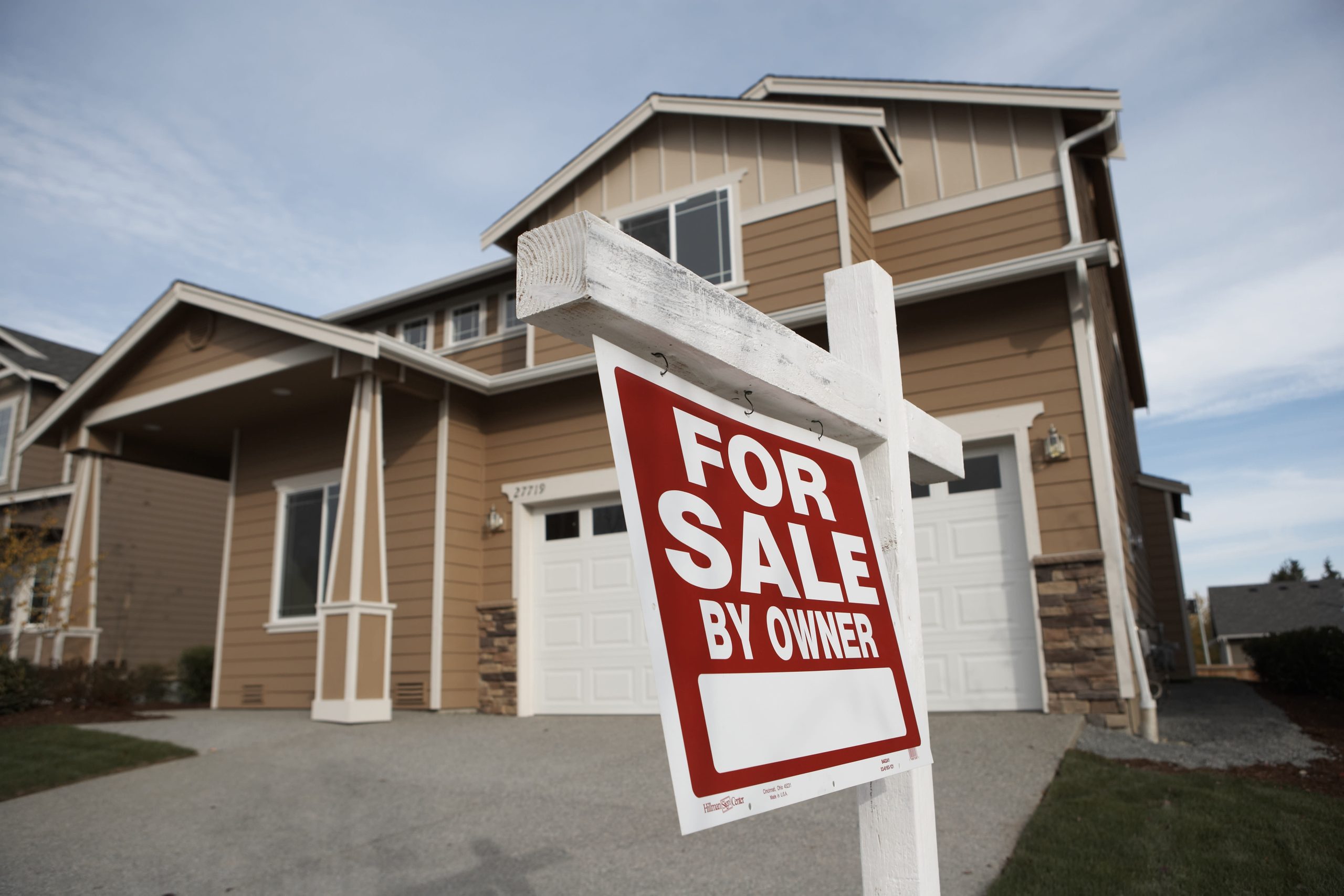Valuing a house involves determining its fair market value based on various factors, including the property’s location, size, condition, comparable sales, and market trends. Here are some steps to help you value a house: Research
Valuing a house involves determining its fair market value based on various factors, including the property’s location, size, condition, comparable sales, and market trends. Here are some steps to help you value a house:
- Research the local real estate market
- Comparable sales (Comps)
- Adjustment of comparables
- Property characteristics
- Location
- Market trends
- Get a professional appraisal
- Use online valuation tools
- Consult a real estate agent

Good value of a house
Offering a good value for a house involves presenting the property in a way that appeals to potential buyers and justifies the asking price. Here’s a summary of key points to consider to value my house:
- Accurate pricing. Research the local real estate market and comparable sales to set a competitive and realistic asking price for the house. Never do overpricing as it deters potential buyers.
- Property condition. Ensure the house is well-maintained, clean, and in good repair. Address any necessary repairs or improvements to enhance its appeal and value.
- Curb appeal. First impressions matter, so improve the property’s curb appeal by maintaining the front yard, landscaping, and exterior appearance. A well-kept exterior attracts more buyers.
- Highlight the key features. Showcase the property’s unique and desirable features, such as:
- renovated kitchen
- energy-efficient appliances
- ample storage
- modern amenities
- Flexible negotiation. Be open to negotiation and consider offering incentives to buyers, such as covering some closing costs or providing a home warranty. Flexibility can make the deal more attractive.
- Transparent disclosures. Provide complete and transparent information about the house, including any known issues or past repairs. Honesty builds trust with potential buyers.
- Professional photography. Use high-quality photographs to showcase the property online and in marketing materials. Good visuals can create a positive impression and generate more interest.
- Effective marketing. Utilize various marketing channels, both online and offline, to reach a broader audience of potential buyers. Social media, real estate websites, and traditional advertising methods can all be useful.
- Home staging. Consider staging the house to help potential buyers visualize the space and maximize its appeal. Staging can make rooms appear larger and more inviting.
- Real estate agent. Enlist the services of a reputable real estate agent with local market knowledge and expertise. A skilled agent can help you navigate the selling process and attract qualified buyers.
- Pre-Inspection. Consider getting a pre-inspection to identify any potential issues beforehand. Addressing problems early can prevent surprises during the buyer’s inspection.
- Timing. Be mindful of the current market conditions and consider selling during peak seasons when demand is higher.
By offering a good value for the house, you increase the likelihood of attracting more buyers and securing a successful sale at a fair price.
